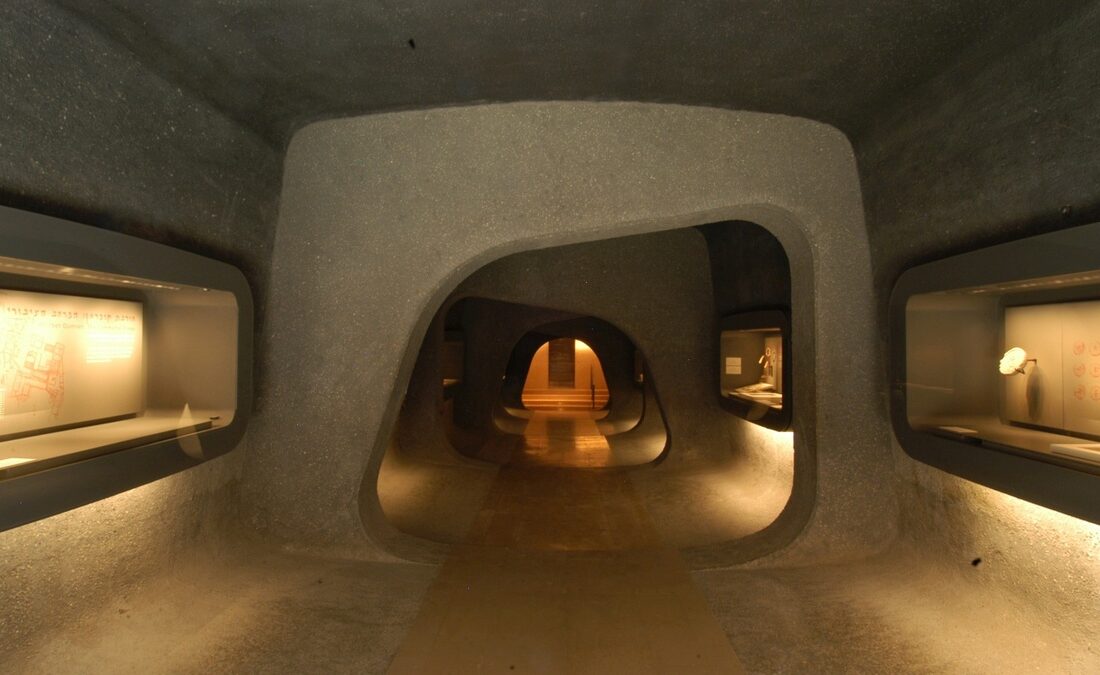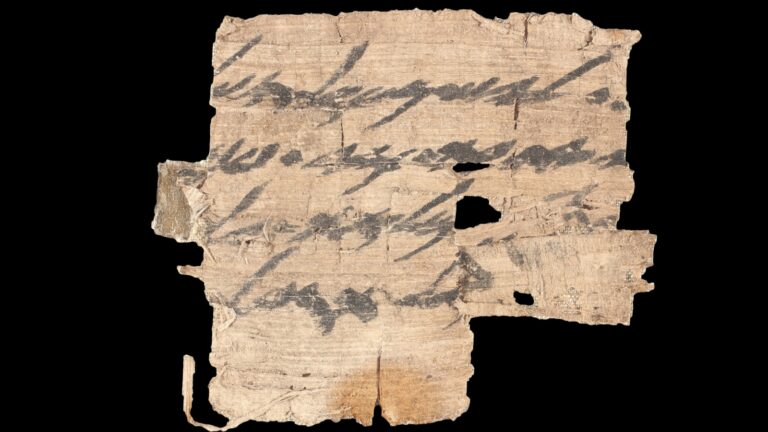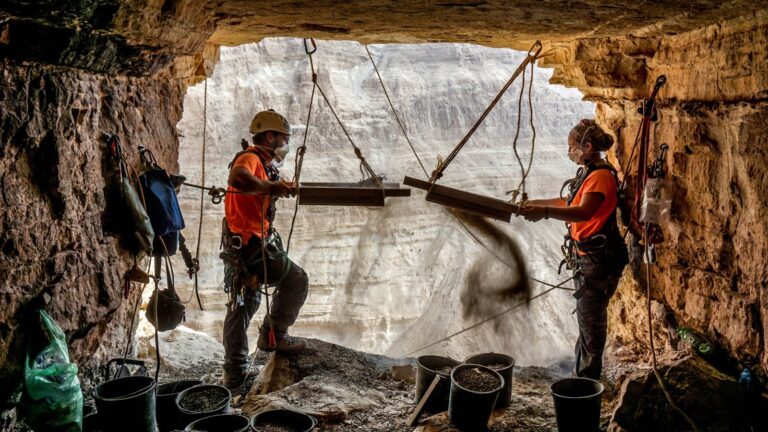After almost 30 years, Adolfo Roitman is approaching retirement from the position where he found his calling in life: curator of the Dead Sea Scrolls at the Israel Museum’s Shrine of the Book in Jerusalem, where historic biblical documents are housed and studied.
November 2022 marked 75 years since the discovery of the first of these unique ancient scrolls in Qumran, a valley in the Judean desert on the western shore of the Dead Sea.
Roitman, born in 1957 in a working-class neighborhood in Buenos Aires, graduated in 1980 with a degree in anthropology from the University of Buenos Aires. Then he emigrated to Israel and earned a graduate degree in comparative religion at the Hebrew University of Jerusalem (HUJI).
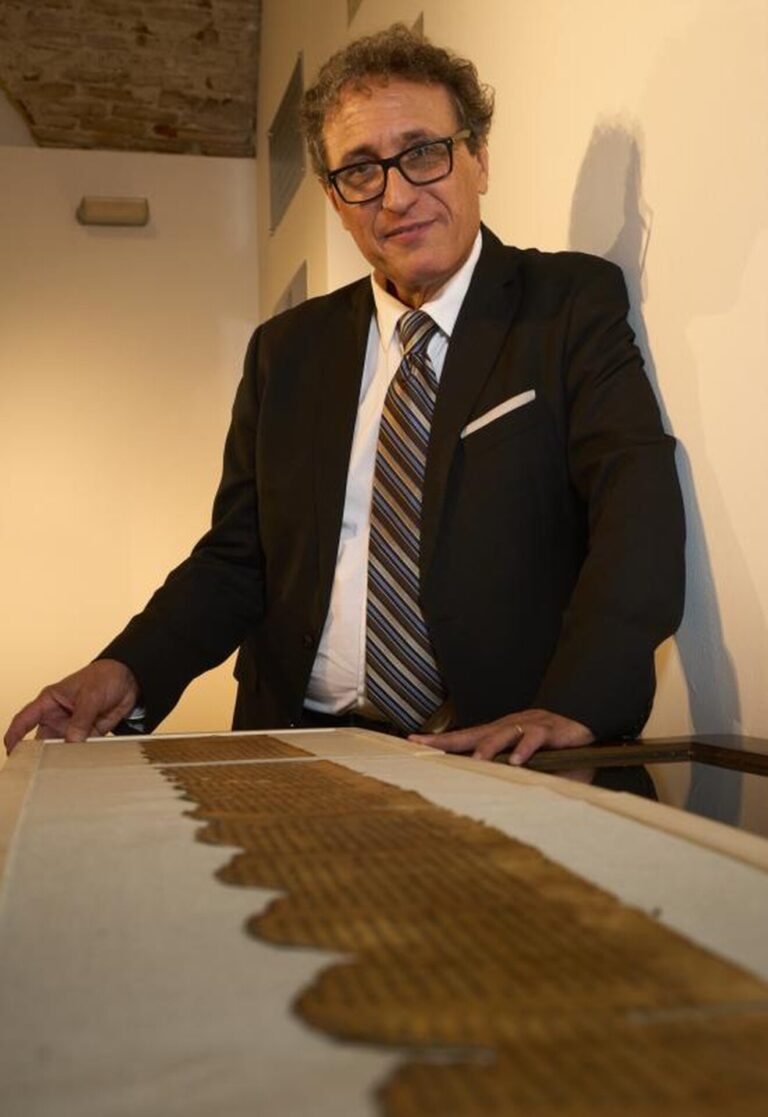
He intended to become an academic at HUJI. Although that dream did not materialize, it was here that achievement and chance combined to place him in front of the curatorship opportunity that would change his life — and transform the Shrine of the Book — forever.
His candidacy, advanced by one of the judges of his doctoral thesis on the literary structure of the apocryphal book of Judith, surprised him more than those who finally hired him.
That’s because despite his expertise on religions and ancient Judaism, and receiving rabbinic ordination, Roitman had never studied the Dead Sea Scrolls. Furthermore, he was not an archeologist and had no museum experience.
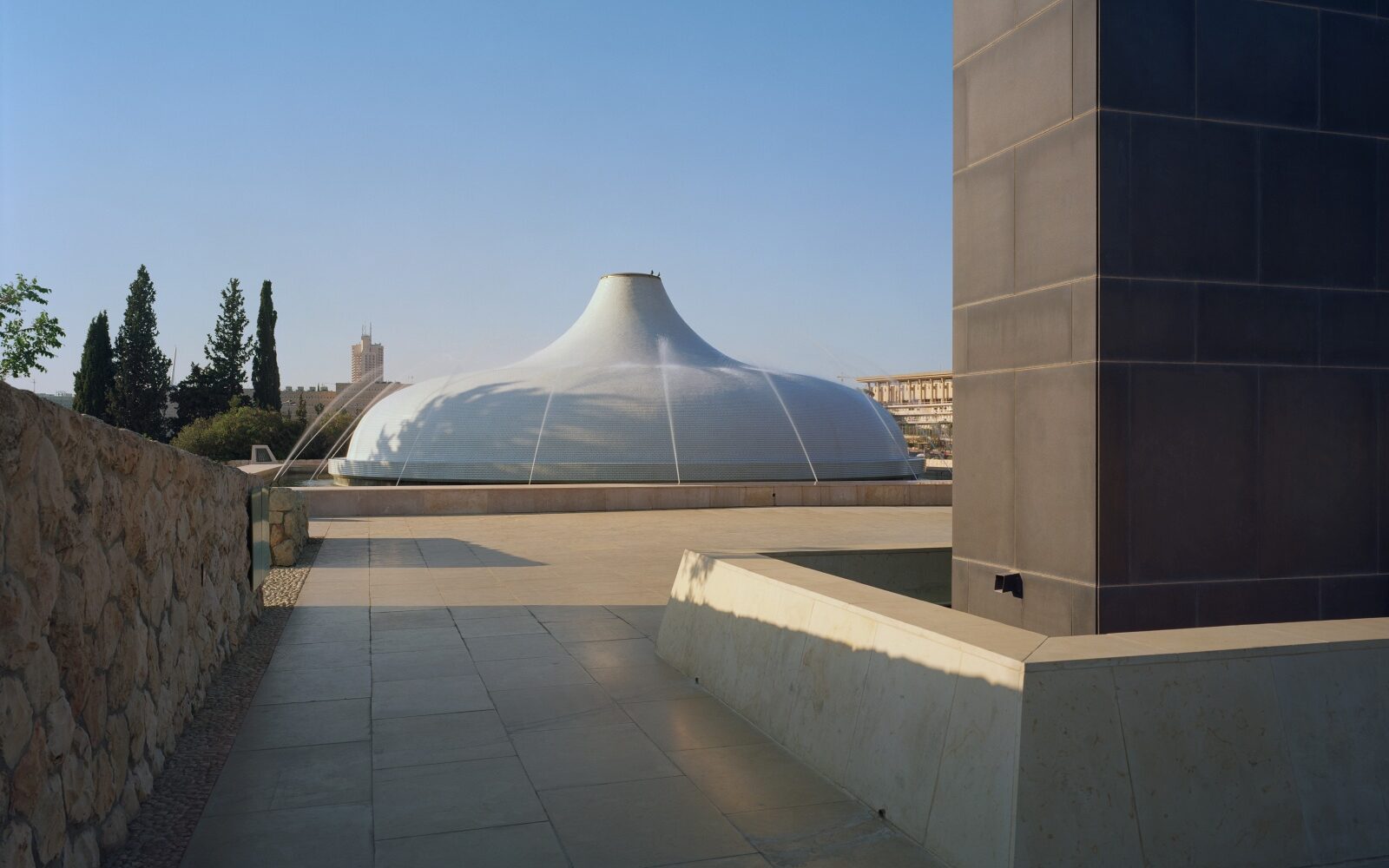
What happened is that the Shrine of the Book – “a dead body despite the worldwide fame of the scrolls” – needed him as much as he needed it, even if he didn’t even know that yet.
“It was as if they gave me clay so that I could shape it,” Roitman told ISRAEL21c, recalling those days in 1994 when he was hired to replace the then-retiring curator.
A different approach
A recent exhibition at the Shrine of the Book presented fragments of the apocryphal Book of Enoch found at Qumran together with the remains of the diary of Ilan Ramon, the first Israeli astronaut, who was killed in the Columbia space mission disaster in February 2003. Somehow, 37 pages of Ramon’s onboard diary survived the crash.
Roitman designed the exhibition to point out an affinity between the two men. He regards Enoch as the first “astronaut” in Jewish tradition, “a true space navigator who makes cosmic trips where hidden realities are revealed to him,” said Roitman.
The thirst for knowledge as a tool
In Roitman, an inquisitive and innovative spirit coexists with the ability to share his knowledge with others.
What is his daily motivation after three decades at the helm of an institution that safeguards one of the most important possessions of the Jewish people?
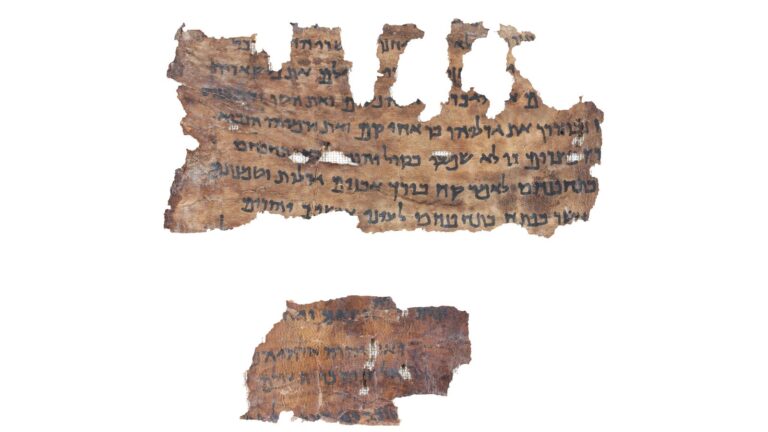
“I continue to teach thinking and not only to read the Dead Sea Scrolls but also to understand the news and know how to decode a text or a politician’s speech,” he said.
“This contributes to the education of the person, to form a more adult and deeper individual in his thinking, “explained Roitman.
He added that he is encouraged to share with other people what he learned in his studies “because it belongs to them”, and return that knowledge to the people through classes and projects.
The more I study…
When Roitman retires from his position in 2024, the balance sheet will leave an indisputable surplus: modernization of the museum, arrival of art to instruct, scripts and playful elements to help explain, digitization of manuscripts, a world-class auditorium and the potential arrival of artificial intelligence to the Shrine of the Book to further the pursuit of knowledge.
“I have the feeling that the more I study, the more ignorant I am because I become aware of everything I don’t know,” said Roitman.
“That makes me insatiable, in the good sense of the word. In that sense, I want to help the public feel that they have a lot within their reach. The Dead Sea Scrolls are not mine, they belong to everyone. They are a public treasure.”




